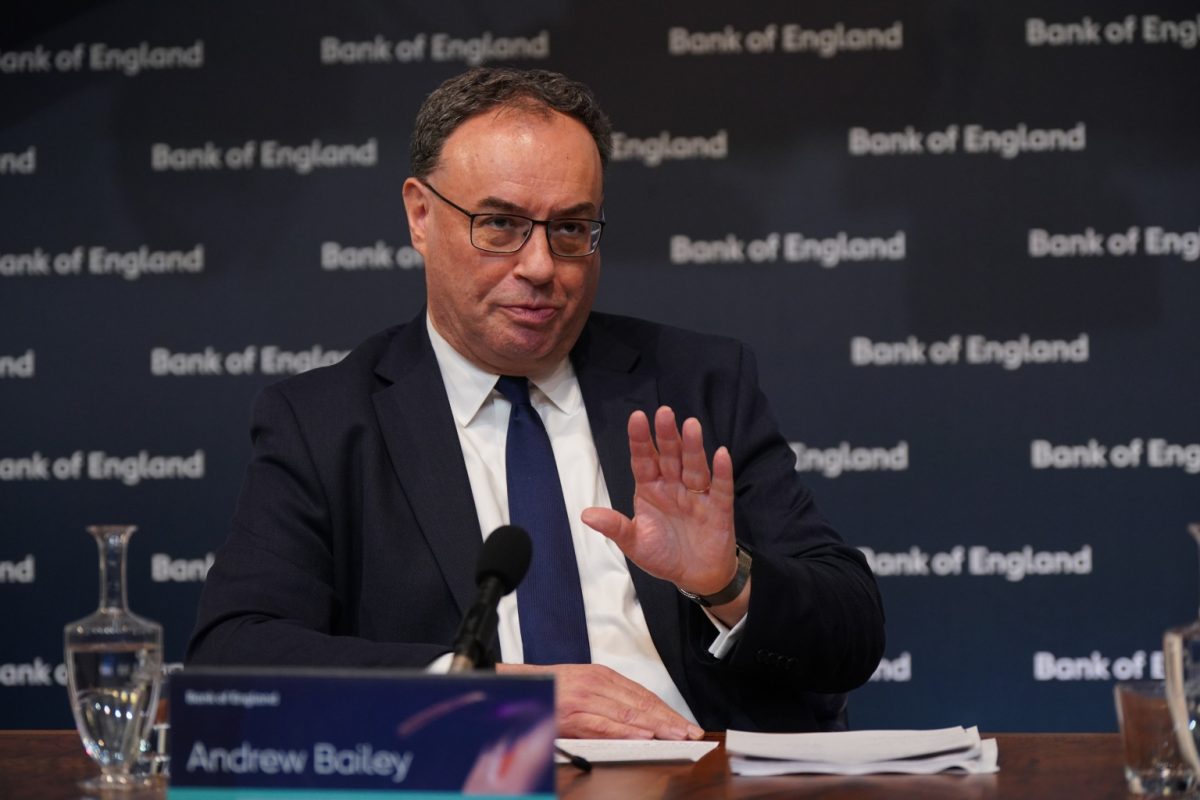Firms fear looming minimum wage rise and workers’ rights package
The survey makes apparent the extent of business concern over the new deal for workers, which is one of the most controversial aspects of Labour's legislative agenda.


Business groups are worried about the potential impact of Labour’s workers rights package as well as a likely six per cent increase in the minimum wage next year.
A new survey from the Institute of Directors (IoD) found that a majority (57 per cent) of business leaders will be less likely to hire as a result of the government’s workers’ rights package.
Some 36 per cent said the reforms would have no impact on firms’ hiring intentions while just two per cent said it would make them more likely to hire.
The survey makes apparent the extent of business concern over the new deal for workers, which is one of the most controversial aspects of Labour’s legislative agenda.
The package, which the government claims is “unashamedly pro-worker and pro-business”, includes a ban on “exploitative” zero hours contracts and will give workers day-one employment rights.
Ministers will put an employment rights bill before Parliament in October, but it is not yet clear which specific measures will be included in the bill.
Alexandra Hall-Chen, principal policy advisor for employment at the IoD, said business leaders were concerned about the costs that might be imposed by the new reforms.
“It is essential that the government starts to meaningfully engage with business on the detail of its proposed reforms to ensure that its growth mission is not derailed,” she added.
The IoD’s survey comes after the Low Pay Commission (LPC) said that it expects to increase the national living wage to £12.10 from April next year, an increase of 5.8 per cent on its current level.
The figure reflects the updated remit that the LPC has been asked to consider, which requires that the living wage does not drop below two-thirds of average earnings. The government has also asked the LPC to take account of the cost of living.
The LPC noted that there was substantial uncertainty over the figure, suggesting it could come anywhere in a range of £11.82-£12.39. Nevertheless, the size of the increase sparked some concern among business groups, particularly after the near 11 per cent increase that took place this April.
“With the National Living Wage set to rise, it’s vital that small firms have the support they need to reduce the pressure that higher wage costs will put on their finances,” Tina McKenzie, policy chair at the Federation of Small Businesses (FSB) said.
According to research from the FSB, 64 per cent of small firms adopted more risk-averse recruitment practices after April’s increase in the minimum wage.
Hall-Chen at the IoD said that the combined impact of the workers rights’ package and a higher minimum wage would be “considerable disincentives” for employers to hire.
A spokesperson for the Department of Business and Trade said: “We are changing the rules to put more money in working people’s pockets. But we have also been clear we need to consider the businesses who pay these wages, employment prospects and the impact on the wider economy”.



